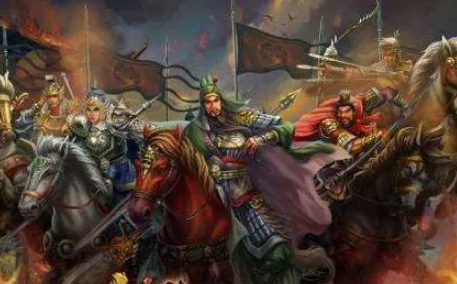The Ghost Festival, also known as the Hungry Ghost Festival or Ullambana, is one of the traditional sacrificial festivals of the Chinese nation. It is held on the fifteenth day of the seventh lunar month every year, and this day is considered the moment when the boundary between the yin and yang worlds is the most blurred. On this day, people will carry out various sacrificial activities to mourn their deceased relatives and ancestors. At the same time, there are many taboos associated with the Ghost Festival, which aim to avoid unnecessary disasters and misfortunes.

Firstly, the origin of the Ghost Festival has multiple explanations. One widely accepted theory is that it is related to the Ullambana Festival of Buddhism. Legend has it that the disciple of the Buddha Shakyamuni, Maudgalyayana, had great magical powers and saw his mother suffering in the realm of hungry ghosts. Therefore, he offered a plate of delicious food on the fifteenth day of the seventh month, hoping to save his mother. Later, this practice gradually evolved into a traditional folk custom.
Secondly, on the Ghost Festival, people perform various sacrificial activities, such as burning incense, burning paper money, offering fruits and food, to mourn their deceased relatives and ancestors. Additionally, religious ceremonies such as releasing captive animals, chanting sutras, and dharma assemblies are also held to show respect and remembrance for the deceased.
Thirdly, there are traditional taboos associated with the Ghost Festival:
1. Avoid going out at night: During the evening of the Ghost Festival, especially around midnight, the yin energy is heavier and it is easy to attract unclean spirits. Therefore, it is advisable to avoid going out at night to prevent encountering unfortunate events.
2. Avoid swimming and playing in water: During the Ghost Festival, the yin energy in the water is heavier, and accidents are prone to occur. Therefore, activities such as swimming and playing in the water should be avoided during this period.
3. Avoid hanging laundry outdoors: It is advisable to avoid hanging laundry outdoors during the Ghost Festival to prevent unclean spirits attaching to the clothing.
4. Avoid stepping on hell money: During the Ghost Festival, people burn hell money to commemorate the deceased. During this period, it is advisable to avoid stepping on the hell money as a show of respect for the deceased.
5. Avoid using foul language: During the Ghost Festival, one should maintain dignified behavior and avoid using foul language to prevent attracting unnecessary trouble.
In conclusion, the Ghost Festival, as a traditional festival of the Chinese nation, carries people's memories and respect for the deceased. On this special day, we should abide by the traditional taboos to show respect for the deceased. At the same time, by understanding the origin and traditional taboos of the Ghost Festival, we can better inherit the excellent cultural traditions of the Chinese nation.
Disclaimer: The above content is sourced from the internet and the copyright belongs to the original author. If there is any infringement of your original copyright, please inform us and we will delete the relevant content as soon as possible.
































